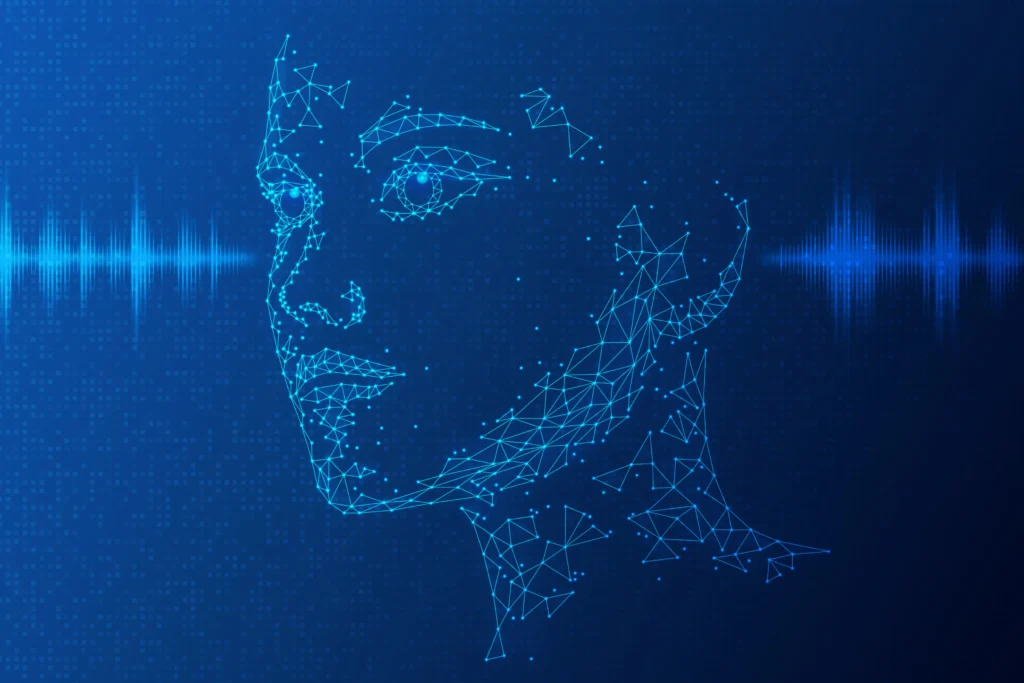As artificial intelligence (AI) continues its rapid advance, experts are raising concerns about its darker uses. Indian tech entrepreneur and influencer Varun Mayya has warned that deepfakes and synthetic media could fuel an unprecedented wave of sophisticated scams that will be increasingly hard to detect.
From Phishing Emails to Hyper-Realistic Fraud
Speaking in a recent online session with his community of young professionals and startup founders, Mayya emphasized that AI is enabling malicious actors to craft scams far beyond crude impersonations or poorly written phishing attempts. “We are entering an era where fraudsters can convincingly clone voices, faces, and even entire video conversations,” he said. “And with the tools becoming faster and easier to use, these scams will escalate.”
Deepfakes at Scale
Once costly and resource-intensive, voice cloning and deepfake video generation can now be executed on consumer-grade devices or through cloud platforms within minutes. This accessibility makes it easier for scammers to target individuals, businesses, and even government agencies at scale.
Real-World Cases Already Emerging
Cybersecurity firms have reported a sharp increase in AI-enabled fraud. In recent months, cloned executive voices have been used to authorize fraudulent fund transfers, while fabricated video calls have tricked employees into revealing sensitive data. Experts warn the line between legitimate and synthetic content is set to blur further across social media, messaging apps, and video conferencing platforms.
Trust Under Threat
“People tend to trust what they see and hear. That’s exactly why deepfakes are dangerous—they exploit that trust,” Mayya explained. Governments and tech companies are investing in detection tools, watermarking systems, and regulations, but these solutions remain behind the pace of generative AI innovation.
Adapting to the New Reality
Mayya urged both organizations and individuals to practice digital skepticism—verifying unusual requests through secondary channels and training staff to recognize risks. “Scams won’t look like scams anymore,” he warned. “They’ll look like your boss on a Zoom call, or your mother asking for help over WhatsApp. We have to prepare for this new reality.”
A Global Challenge
His caution reflects a growing international consensus: while AI promises enormous benefits for innovation, its misuse could reshape cybersecurity and public trust in ways societies are only beginning to confront.

